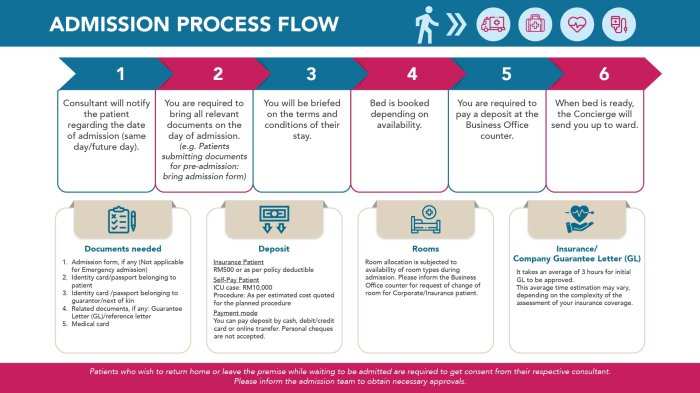Upon admission to a healthcare facility marks the initiation of a comprehensive assessment process that lays the groundwork for optimal patient care. This assessment encompasses a thorough evaluation of the patient’s medical history, current symptoms, and overall health status, providing a holistic understanding of their condition and guiding subsequent treatment decisions.
The initial assessment serves as a critical juncture in the patient’s healthcare journey, establishing a baseline against which subsequent changes can be measured and ensuring that appropriate interventions are implemented promptly. By meticulously gathering and analyzing patient data, healthcare professionals gain invaluable insights that inform personalized treatment plans, enhance patient outcomes, and promote a positive recovery experience.
Patient Assessment: Upon Admission To A Healthcare Facility

A comprehensive patient assessment is essential for providing appropriate and effective care. This assessment includes gathering a detailed medical history, conducting a physical examination, and ordering appropriate laboratory and imaging studies.
Medical History, Upon admission to a healthcare facility
- Review of relevant diagnoses, medications, and allergies
- Current symptoms and reason for admission
- Recent changes in health status or functional abilities
Physical Examination
Documenting the patient’s vital signs and physical findings is crucial for monitoring their condition and identifying any abnormalities.
- Vital signs: Temperature, pulse, respiration, and blood pressure
- Skin rashes, wounds, or swelling
- Neurological, cardiovascular, and respiratory system assessments
Laboratory and Imaging Studies
Laboratory and imaging studies provide valuable information about the patient’s health status and can assist in diagnosis and treatment planning.
| Test | Result | Significance |
|---|---|---|
| Complete blood count | Normal | No evidence of infection or anemia |
| Chest X-ray | Shows infiltrate in right lower lobe | Suggests pneumonia |
User Queries
What is the purpose of the initial assessment upon admission to a healthcare facility?
The initial assessment establishes a baseline understanding of the patient’s medical history, current symptoms, and overall health status, guiding subsequent treatment decisions and ensuring prompt implementation of appropriate interventions.
What components are typically included in the initial assessment?
The initial assessment typically includes a comprehensive review of the patient’s medical history, a physical examination, laboratory and imaging studies, and the development of a treatment plan and nursing care plan.
How does the initial assessment contribute to improved patient outcomes?
By gathering essential information about the patient’s condition, the initial assessment enables healthcare professionals to tailor treatment plans to the individual needs of each patient, leading to more effective interventions and improved outcomes.

